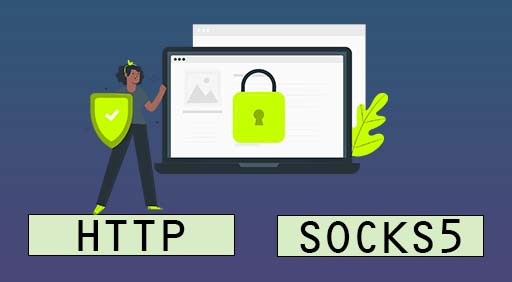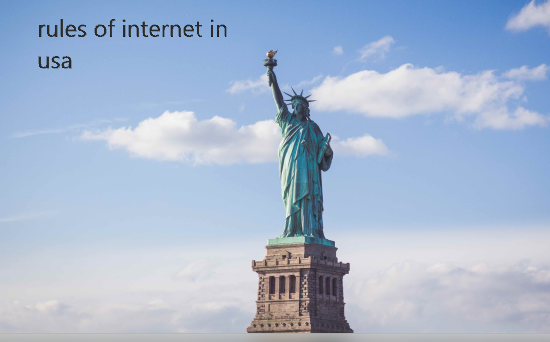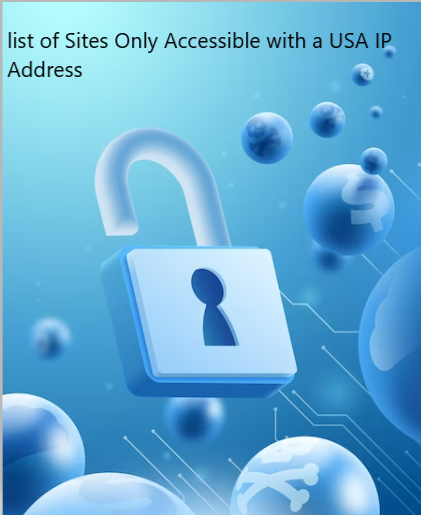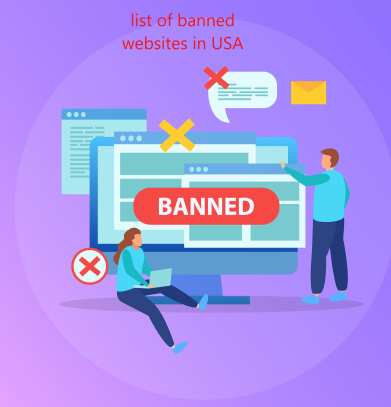Web scraping has become an essential tool for businesses and researchers who need to gather large amounts of data quickly and efficiently. With web scraping, users can collect data from different websites or APIs, analyze it, and use it for a variety of purposes, from market research to product development, academic research, and more.
However, web scraping can also be challenging, as some websites may block or limit access to their data, and others may require authentication or use CAPTCHAs to prevent scraping. To overcome these challenges, users need to buy proxies for web scraping.
In this post, we will discuss and explore some of the most popular use cases of web scraping, including market research, price monitoring, sentiment analysis, and more.
- Market research: Web scraping can be used to gather information on competitor products, pricing, customer reviews, and other market insights to inform business decisions.
- Lead generation: Web scraping can help businesses gather contact information about potential customers, including email addresses, phone numbers, and social media profiles, for targeted marketing campaigns.
- Content aggregation: Web scraping can be used to collect news articles, blog posts, or social media updates from multiple sources to create curated content for websites or social media accounts.
- Price monitoring: Web scraping can help businesses track changes in product prices or availability across different websites and marketplaces to adjust their pricing strategies and stay competitive.
- Social media sentiment analysis: Web scraping can be used to gather social media data, such as tweets or comments, to analyze public opinion and sentiment towards a particular brand, product, or topic.
- Job posting aggregation: Web scraping can help job seekers gather job postings from multiple websites or job boards to save time and find relevant job opportunities.
- Real estate analysis: Web scraping can be used to gather data on real estate properties, including pricing, location, and amenities, to analyze market trends and make informed investment decisions.
- Academic research: Web scraping can be used by researchers to gather data from websites related to their field of study for analysis and insights.
- Government Transparency: Web scraping can be used to gather public data from government websites for research, accountability, and transparency purposes.
- Machine learning training: Web scraping can be used to collect large amounts of data for machine learning training, such as image recognition or natural language processing models.
- Product review analysis: Web scraping can be used to gather customer reviews and ratings of products from e-commerce sites or review websites to analyze customer sentiment, identify common issues or trends, and improve products.
- Weather data collection: Web scraping can be used to gather weather data, such as temperature, humidity, and precipitation, from different websites or APIs for research, planning, or forecasting purposes.
- Sports data analysis: Web scraping can be used to gather sports data, such as scores, stats, and player information, from different websites or APIs for analysis, prediction, or fantasy sports.
- Travel planning: Web scraping can be used to gather information on flights, hotels, or vacation rentals from multiple websites or travel aggregators to compare prices, availability, and reviews.
- Brand monitoring: Web scraping can be used to monitor mentions of a brand, product, or keyword on different websites or social media platforms to track reputation, engagement, and trends.
- Investment research: Web scraping can be used to gather financial data, such as stock prices, market trends, or company filings, from different websites or APIs for analysis, modeling, or forecasting purposes.
- Image data collection: Web scraping can be used to collect images from different websites or search engines for research, training, or creative projects.
- Public health monitoring: Web scraping can be used to gather public health data, such as disease outbreaks, vaccination rates, and hospital capacity, from different websites or APIs to monitor trends and inform policies.
- Legal research: Web scraping can be used to gather case law, regulations, or other legal documents from different websites or databases for analysis, comparison, or prediction.
- Food and nutrition tracking: Web scraping can be used to gather data on food products, such as nutritional values, ingredients, or allergens, from different websites or databases for tracking, analysis, or recommendations.
- Patent research: Web scraping can be used to gather patent data, such as filing dates, assignees, and claims, from different websites or databases for analysis, licensing, or litigation purposes.
- Medical research: Web scraping can be used to gather medical data, such as clinical trials, drug interactions, and adverse events, from different websites or databases for analysis, drug discovery, and patient safety.
- E-commerce optimization: Web scraping can be used to gather data on competitor products, prices, and promotions from different websites or marketplaces for optimization of product pricing, marketing strategies, and customer experience.





